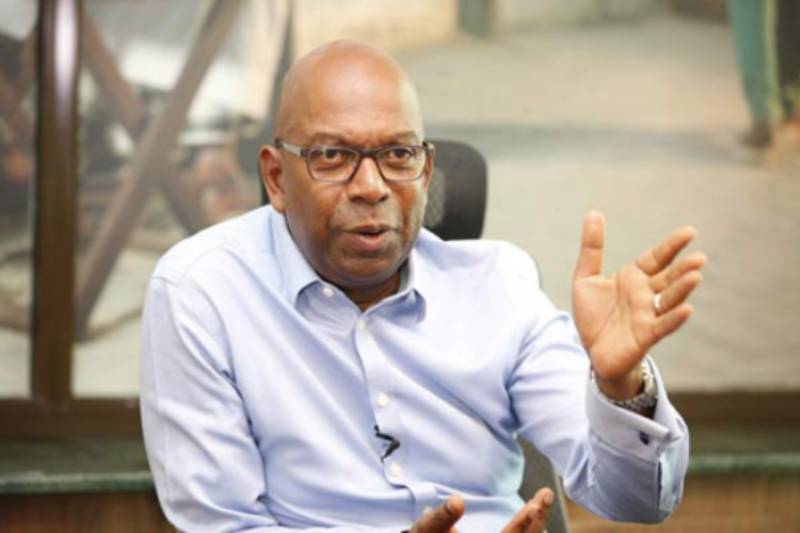×
The Standard e-Paper
Stay Informed, Even Offline

The chief executive of Kenya’s biggest telecoms operator Bob Collymore said on Thursday he will stay on for an extra year in his role after the firm’s board extended his contract by 12 months.
“I’m here until the year 2020," the Safaricom boss told reporters on the sidelines of a meeting.